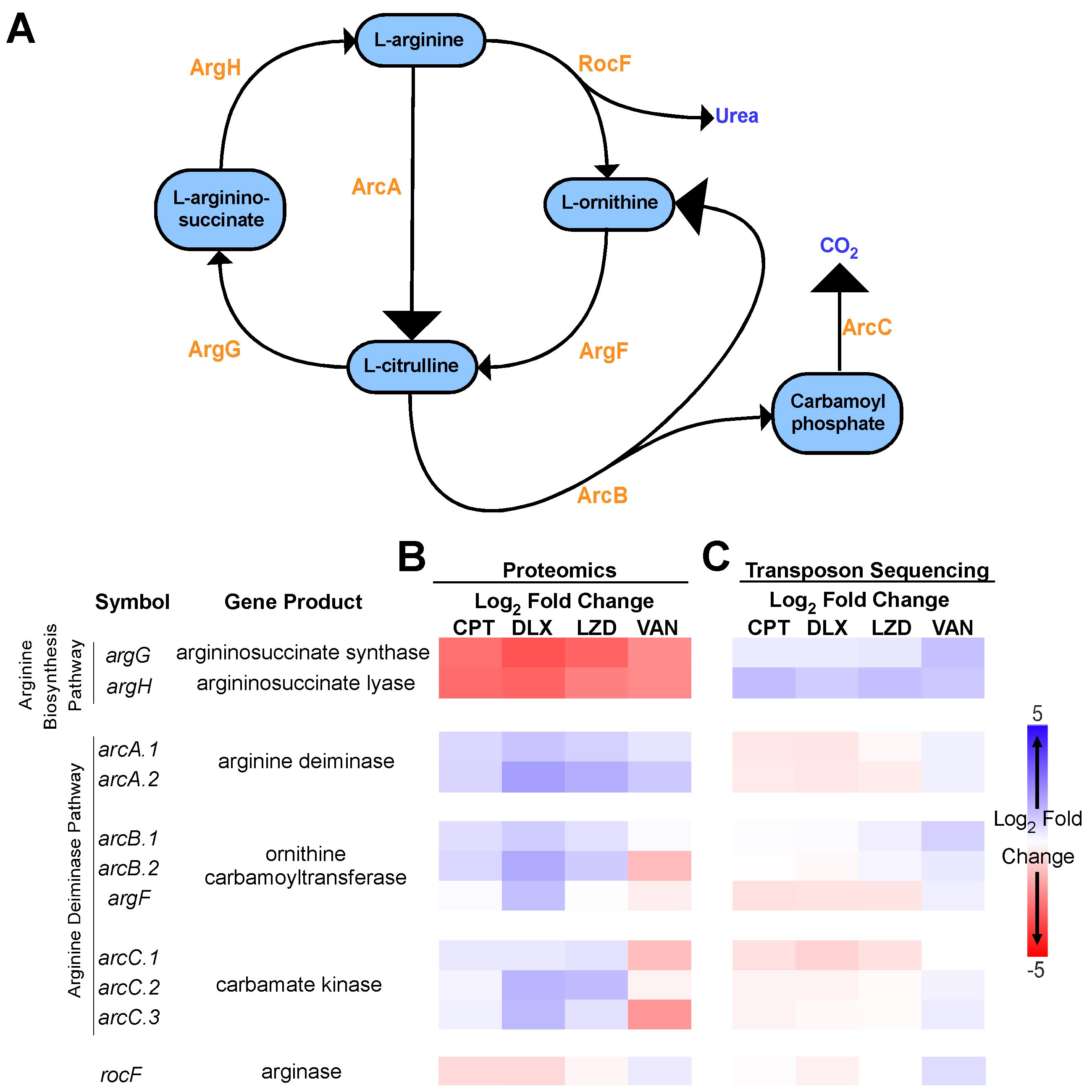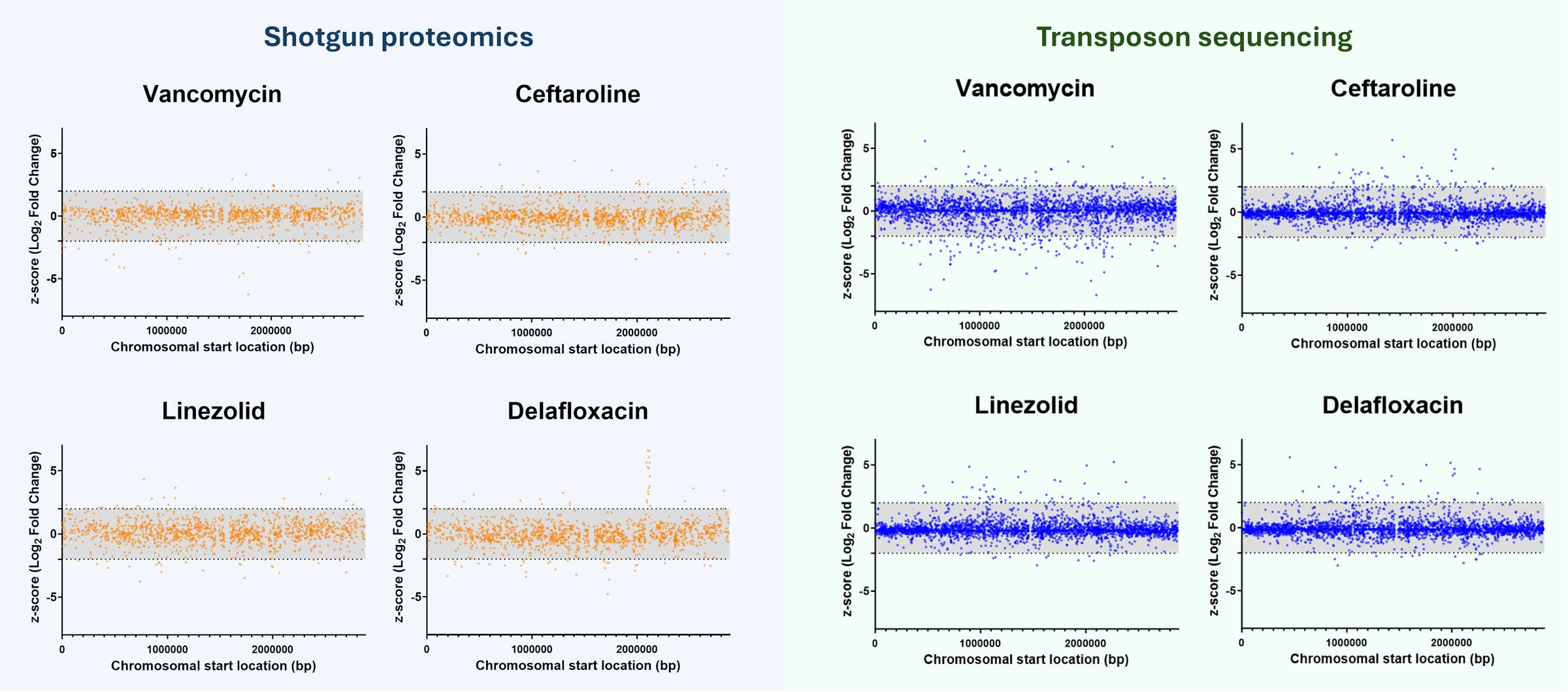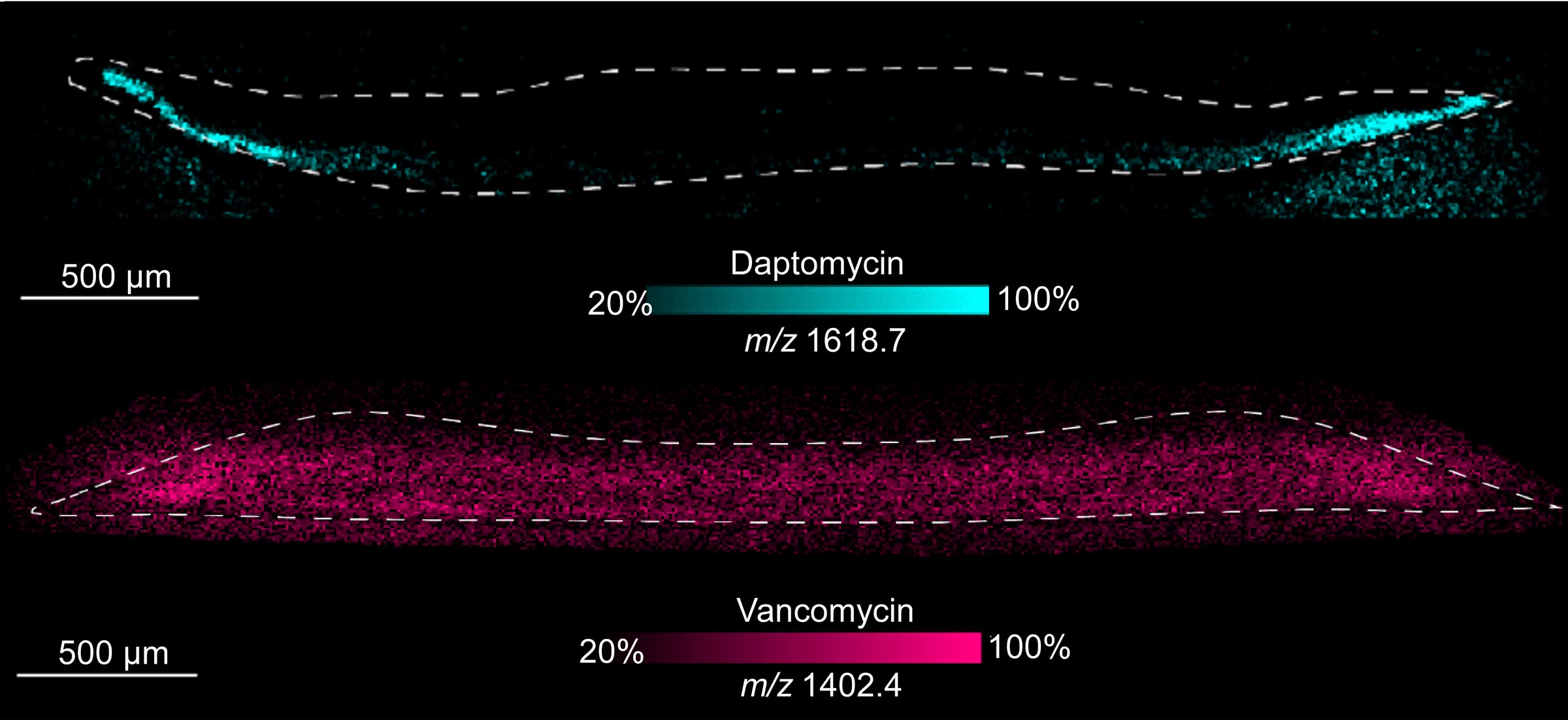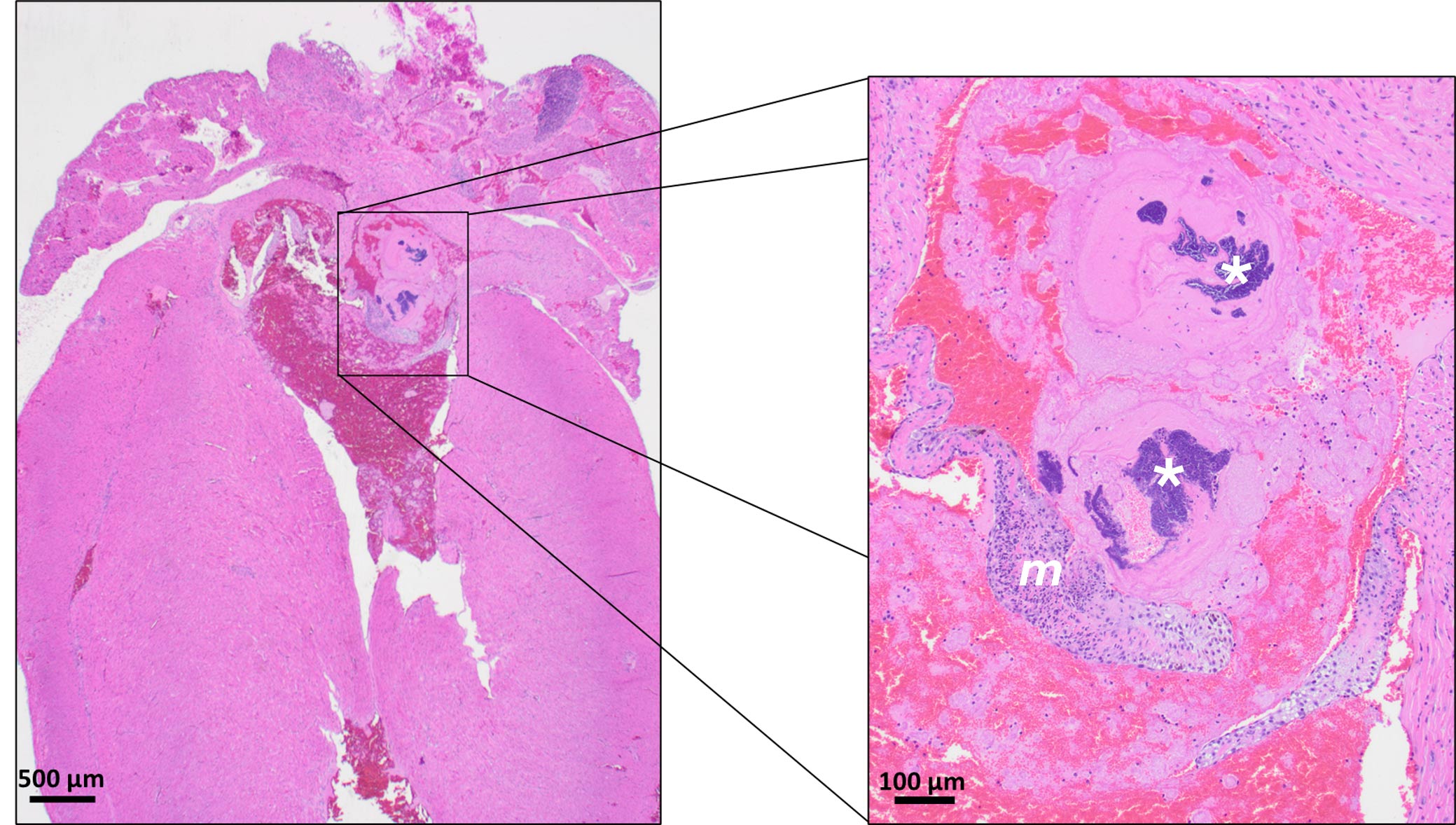Research
The Freiberg lab engages in a wide range of research activities including basic science, clinical, translational, and reverse translational projects with the ultimate goal of improving the treatment of bacterial infections in patients.
We are involved in several ongoing projects in the lab, detailed below.
The Freiberg lab works to uncover the connection between amino acid metabolism and antibiotic tolerance in S. aureus.
Arginine metabolism has recently been demonstrated to have a strong tie with antibiotic susceptibility. We are working to better elucidate this connection and identify ways that we can exploit this pathway as a therapeutic target.
Read more about recent work from the Freiberg lab in this area in a recent article in Nature Communications.

Bacteria possess multiple different mechanisms to respond to antibiotic stress that can vary depending on the type of antibiotic. Through the use of broad -omics approaches, we are working to identify and probe important pathways responsible for antibiotic tolerance in S. aureus and other pathogens.

The reasons for antibiotic treatment failure in S. aureus infections are heterogeneous and vary from patient to patient. The Freiberg lab is working to better understand some of the real-world mechanisms that S. aureus employs to avoid clearance by antibiotics. This includes investigating the impact of second line and salvage treatment regimens.
By studying genotypic and phenotypic changes that occur in sequential isolates from patients with persistent bacteremia, we are developing new insight into how bacterial persistence occurs.

Infection of the inner lining of the heart, also known as endocarditis, is one of the most devastating types of infections caused by S. aureus. Not only is S. aureus endocarditis associated with high mortality rates, but it also has some of the highest rates of antibiotic treatment failure.
Through the use of novel genetic techniques, in vitro systems, and animal models, our lab is working to better understand how S. aureus causes endocarditis and how it responds to antibiotics during this type of infection.

The Freiberg lab is actively involved in clinical research regarding the appropriate use of antimicrobials. This includes research focused on the use of rapid MRSA diagnostics to guide antibiotic selection.
Dr. Freiberg currently serves as the PI for the STOP-Vanc randomized controlled trial (RCT) along with being involved in a national network of investigators studying the treatment of Multidrug Resistant (MDR) pathogens.

